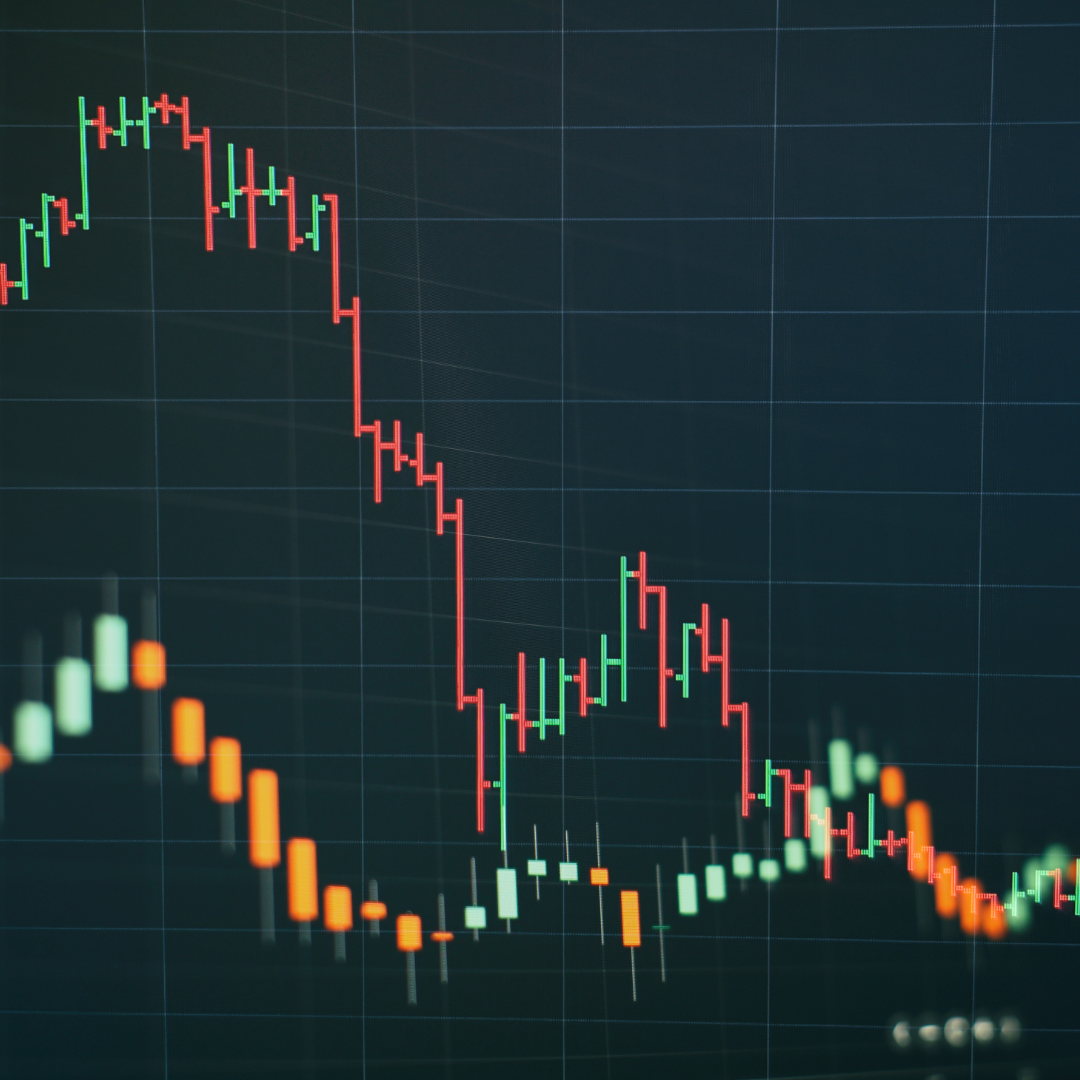Social Media has lot of impact on stock market as it rapidly spreads information, shapes investor sentiments, and fuels market trends. Posts that go viral can drive sudden price movements that creates volatility. Social Media gives us a faster access to insights but it also increases risks of misinformation and emotional trading.
What Role does Social Media play in stock market trends?

- Social Media has significant and considerable impact on stock market trends by spreading news , rumors, and shaping investor sentiment. Social Media platforms like Twitter, Reddit provides information encourages retail participation but at the same time due to unverified data and emotional decision making by investors market experiences volatility.
- While Social Media enables the investors to exchange ideas, it can develop herd mentality leading to irrational exuberance and panic situation in the markets. Social media discussions can spark meme stock trends or sudden rallies. Here investors must critically access the trends before immediately acting upon the situation to avoid speculative losses.
What are some examples of social media influencing the stock market?
Zomato , India’s popular food delivery platform , launched its Initial Public Offering in July 2021. It was one of the first big tech startups to go public in India, and it drew enormous attention from retail and institutional investors. Twitter, Instagram , YouTube and even Reddit India exploded the content leading up to IPO. Memes were circulated widely, comparing Zomato to global tech IPOs like Amazon and Uber Fats. Telegram groups and WhatsApp chats were flooded with bullish commentary and rumors like Zomato to double on listing
What was the market reaction?
Retail subscription was 7x with overall subscription at 38x massively fueled by sentiment and FOMO(Fear of Missing Out). On listing day Zomato’s stock opened at Rs 116 a 53% premium over its issue price of Rs 76. The stock briefly soared to around Rs 140 in the following days.
What was the Aftermath?
Many retail investors driven by hype rather than fundamentals, jumped in at high prices. Within a few months, Zomato’s stock plunged below its IPO price, leading to losses.
How can Social Media sentiment impact stock prices
- Social Media sentiments do affect stock prices by shaping investor perceptions. Positive sentiment boosts demand and prices while negative sentiments causes sell-offs. Algorithms analyze sentiments further amplifies these impacts by automating trades based on trending discussions.
- Hashtags like “bullish” or “bearish” are used by platforms to influence real-time price movements. Sentiments driven trading often lead to volatility as investor behavior is swayed by prevailing social narratives.
- Sentiment analysis thus provides actionable insights. Relying on sentiments without thorough research can be risky. Investors should combine sentiment driven data with fundamental and technical analysis to take balanced decision.
Are social media trends shaping the future of investing
- Definitely social media are reshaping investing by popularizing access to all financial insights and thus enabling retail investors to influence markets. These platforms foster collective actions and amplify trends, redefining traditional market dynamics but also introducing challenges like misinformation and volatility. Social Media enables faster information sharing, making retail investors more aware. But the problem relies on unverified trends which poses a huge risk, highlighting the importance of critical evaluation and balanced decision making.
- Technology integrates sentiment analysis to the trading platforms, social media’s role in shaping market behavior. So investors must adapt disciplined strategies along with analyzing social insights.
What precautions should investors take when using social media insights
- Investors must always verify the authenticity of social media insights before actions. Always remember avoid emotional decisions based on trends. Learn to focus on fundamental analysis and cross check information from reliable sources to minimize the risk of losses.
- Checking Authenticity of social media insights before taking any decision or action is very important. Avoid taking emotional decisions based on trends, focus on fundamental analysis. Do cross check information from reliable sources to minimize the risk of misinformation and speculative losses.
- Disciplined strategies and diversification protect the portfolios from taking wrong decisions which are driven by hype. Understanding the fundamentals of market and removing all unverified claims are crucial when using social media data.
- Investors must treat social media insights as supplementary rather than keeping it primary source of information. Balancing these insights with good research ensures informed decisions, minimizing risk associated with herd behavior and volatile market conditions.
What are the risks associated with investing in Stock Market
The main risk associated with investing in stock market include market volatility, economic downturns and some company specific issues. Other than these risks include inflation, interest rate changes affecting valuations, and emotional decision making leading to potential losses. Let us understand each risk in detail
- Market Volatility
Stock prices can fluctuate significantly. The reasons for these include market sentiment, economic conditions, or geopolitical events. These unpredictable changes may lead to short term losses. These unpredictable changes may lead to short term losses. This makes it essential for investors to adapt a long term perspective.
- Economic Downturns
Recessions or economic slowdown can somewhere effect negatively company earnings and stock performance. During such periods market indices may face a downturn ,reducing the value of investments and posing risks to investor portfolios.
- Company Specific Risks
Issues like poor management, declining market share, or legal troubles may harm a company’s stock performance. Investors relying heavily on individual stocks may face significant losses from such company specific headings.
- Inflation Risks
Rising inflation can erode purchasing power. This can reduce real returns on investments. Stocks may not always keep pace with inflation, particularly during periods of economic uncertainty affecting long term wealth creation
- Interest Rate changes
Interest rate changes often influence stock valuations, especially for growth and dividend yielding stocks. Rising rates can lead to lower stock prices impacting the overall performance of investment portfolios.
- Emotional Decision Making
Fear and Greed often drive impulsive decisions in stock market. Emotional trading can lead to buying high during rallies or selling low during downturns. This results in potential losses and reduced investment success.
How does Social Media Affect the Stock Market?
Social Media has profound impact on stock market by influencing investor behavior which shapes market trends and amplifies volatility.
- Rapid Information Spread :Platforms like Twitter enable the swift dissmenination of news, opinions, and rumors, which can lead to sudden price movements.
- Investor Sentiments :Positive discussions can boost stock prices while negative sentiment may trigger sell-offs. Algorithms analyzing social media sentiment further amplify these effects.
- Meme stocks and collective actions: Social Media communities have demonstrated ability to drive phenomena, showcasing the power of collective action.
- Accessibility and Democratization:Social Media combined while trading apps has made investing more accessible to retail investors.
- Risks of Misinformation : The rapid spread of unverified information can lead to emotional trading and speculative losses , highlighting the need for critical analysis.
Frequently Asked Questions (FAQs)
Social media platforms like Twitter and WhatsApp play a significant role in shaping investor sentiment, spreading news, and influencing stock prices in India.
Fraudsters often use social media to pose as SEBI-registered advisors, offering misleading investment tips and promising assured returns. Investors should verify the authenticity of such claims.
Retail investors in India leverage social media to access real-time news, discuss investment strategies, and follow financial influencerfor stock recommendations.
SEBI monitors social media activities to prevent market manipulation and scams, ensuring investor protection and market integrity.
Yes, sentiment analysis tools are increasingly used to gauge public opinion on stocks and predict short-term market trends in India.







